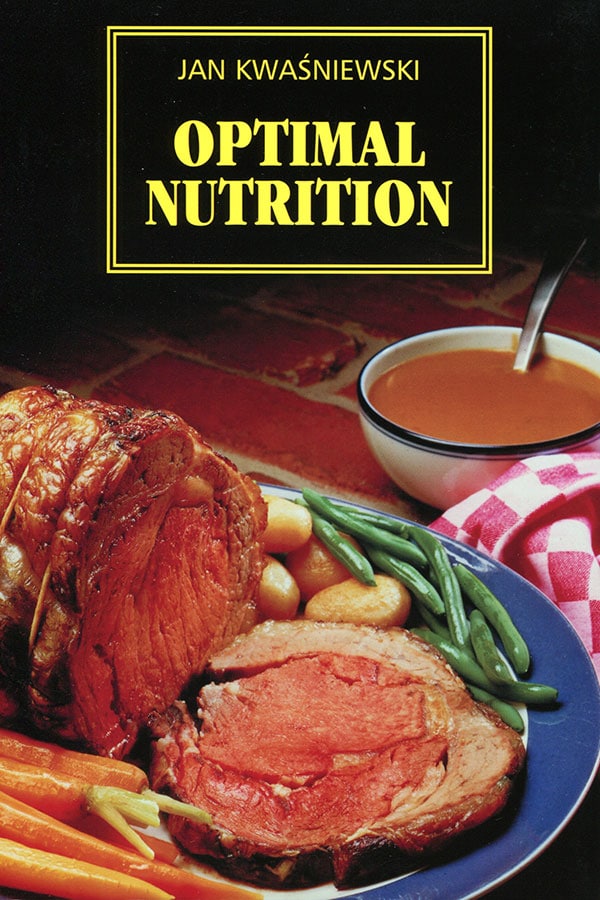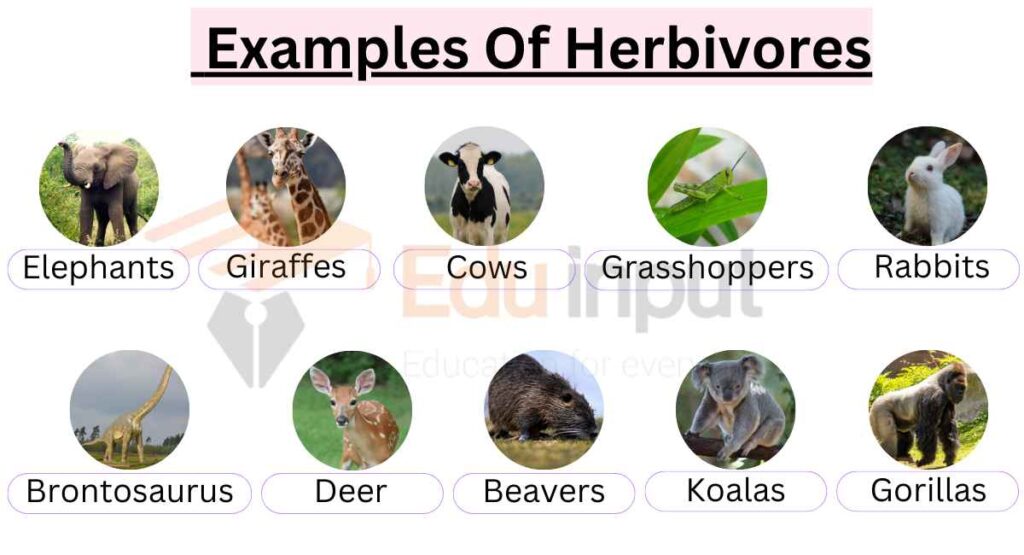The Herbivore’s Guide To Optimal Nutrition

Executive Summary

Optimal nutrition for herbivores is essential for maintaining a healthy weight, promoting longevity, and preventing disease. This guide provides comprehensive information on the dietary needs of herbivores, including the importance of a balanced diet, the role of vitamins and minerals, and specific nutrient recommendations for various herbivore species.

Introduction
Herbivores, animals that consume only plant-based diets, have unique nutritional requirements compared to omnivores and carnivores. Understanding these requirements is crucial for ensuring the well-being and longevity of herbivores. This guide explores the essential components of herbivore nutrition, empowering herbivore owners and enthusiasts with the knowledge to optimize the health of their animals.
FAQs
1. What are the main components of an optimal herbivore diet?
- Forage: The foundation of herbivore diets, providing fiber, protein, and essential minerals.
- Fruits and Vegetables: Rich in vitamins, minerals, and antioxidants, supplementing forage with nutrients.
- Water: Essential for hydration and metabolic processes.
2. Why is fiber important for herbivores?
- Supports digestive health by promoting gut motility and nutrient absorption.
- Regulates blood sugar levels and provides a feeling of fullness.
- Helps maintain a healthy weight by promoting satiety.
3. How do herbivores obtain essential vitamins and minerals?
- Fortification: Commercial pelleted feeds and mineral supplements provide standardized levels of vitamins and minerals.
- Natural Sources: Fruits, vegetables, and certain forages contain naturally occurring vitamins and minerals.
- Sunlight: Herbivores synthesize vitamin D from exposure to sunlight.
Essential Subtopics
1. Protein
- Role: Building and repairing body tissues, synthesizing hormones and enzymes.
- Important Pieces:
- Lysine: Essential for growth and tissue repair.
- Methionine: Essential for sulfur-containing proteins.
- Threonine: Important for collagen synthesis and muscle growth.
- Tryptophan: Precursor to serotonin, a neurotransmitter involved in mood regulation.
- Valine: Essential for muscle growth and energy production.
2. Carbohydrates
- Role: Primary energy source for herbivores, providing glucose for cellular processes.
- Important Pieces:
- Starch: A complex carbohydrate found in plants, providing sustained energy.
- Fructose: A simple sugar found in fruits, providing quick energy.
- Fiber: See FAQs for its importance in herbivore nutrition.
- Non-Structural Carbohydrates: Soluble carbohydrates that provide energy and support gut health.
- Organic Acids: Byproducts of fermentation, providing energy and supporting digestive processes.
3. Fats
- Role: Energy storage, hormone production, cell membrane structure.
- Important Pieces:
- Essential Fatty Acids: Linoleic and linolenic acids, required for cell function and cannot be synthesized by herbivores.
- Saturated Fats: Found in animal products, less desirable for herbivores.
- Omega-3 Fatty Acids: Important for brain and heart health, found in plant oils and algae supplements.
- Trans Fats: Harmful fats that should be avoided in herbivore diets.
- Unsaturated Fats: Healthy fats that support cell function and energy production.
4. Vitamins
- Role: Essential for various metabolic processes, including growth, immunity, and vision.
- Important Pieces:
- Fat-Soluble Vitamins: A, D, E, and K, absorbed with fat and stored in the body.
- Water-Soluble Vitamins: B vitamins and vitamin C, not stored in the body and must be consumed regularly.
- Vitamin A: Retinol, essential for vision, immune function, and growth.
- Vitamin B12: Essential for nerve function and red blood cell production.
- Vitamin C: Antioxidant that supports immune function and wound healing.
5. Minerals
- Role: Essential for bone health, electrolyte balance, and enzyme function.
- Important Pieces:
- Macrominerals: Required in large amounts, including calcium, phosphorus, potassium, and sodium.
- Microminerals: Required in smaller amounts, including copper, iron, zinc, and selenium.
- Calcium: Essential for bone health, muscle function, and nerve signaling.
- Magnesium: Involved in over 300 bodily functions, including energy production and muscle relaxation.
- Potassium: Electrolyte that helps regulate heart rhythm and fluid balance.
Conclusion
Optimal nutrition is paramount for the health and well-being of herbivores. By understanding the essential components of a balanced herbivore diet, including the importance of forage, vitamins, and minerals, herbivore owners and enthusiasts can provide their animals with the nutrients they need to thrive. Consulting with a qualified veterinarian is recommended to determine the specific dietary requirements of individual herbivores based on their species, age, and health status.
Keyword Tags
- Herbivore Nutrition
- Optimal Diet for Herbivores
- Protein Requirements for Herbivores
- Carbohydrates for Herbivores
- Vitamins and Minerals for Herbivores